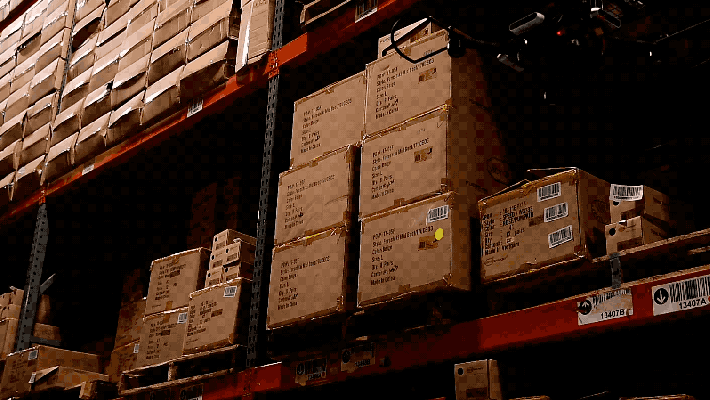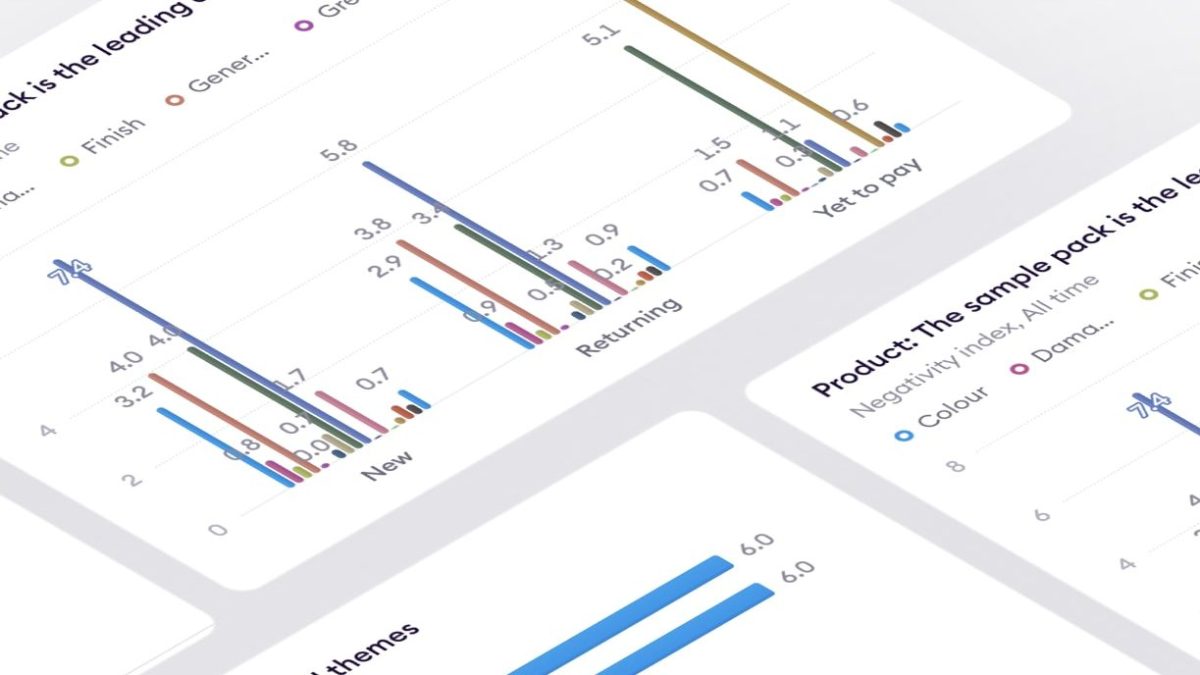The Download: what’s next for supercomputers, and electrifying everything
This is today’s edition of The Download, our weekday newsletter that provides a daily dose of what’s going on in the world of technology.
What’s next for the world’s fastest supercomputers
When the Frontier supercomputer came online last year, it marked the dawn of so-called exascale computing, with machines that can execute an exaflop—or a quintillion (1018) floating point operations a second.
Since then, scientists have geared up to make more of these blazingly fast computers: several exascale machines are due to come online in the US and Europe in 2024.
But speed itself isn’t the endgame. Researchers hope to pursue previously unanswerable questions about nature—and to design new technologies in areas from transportation to medicine. Read the full story.
—Sophia Chen
MIT Technology Review’s What’s Next series looks across industries, trends, and technologies to give you a first look at the future. You can read the rest of our series here.
How electricity could clean up transportation, steel, and even fertilizer
“Electrify everything” is a common refrain in climate circles. The basic concept is a simple one: there are some parts of our world that are largely powered directly by fossil fuels, like vehicles or home heating.
Meanwhile, renewables power an increasing fraction of the electrical grid every year. So if we can find ways to hook these fossil-fuel-powered systems up to electricity instead, we’ll be well on our way to real climate action.
People shouting “Electrify everything” often focus on familiar examples like vehicles and homes. But can we electrify steel production? What about fertilizer? What might it mean to actually electrify everything? Read the full story.
Psst: these are just some of the questions our climate reporter Casey Crownhart will be discussing during our second annual ClimateTech conference, taking place at MIT on October 4 and 5. Nab your ticket now!
This story first appeared in The Spark, MIT Technology Review’s weekly climate and energy newsletter. Sign up to receive it in your inbox every Wednesday.
The must-reads
I’ve combed the internet to find you today’s most fun/important/scary/fascinating stories about technology.
1 ChatGPT can create images now
Like all AI generators, it’s still prone to making mistakes though. (NYT $)
+ Crucially, artists can opt out of having their work used as training data for it. (TechCrunch)
+ Meanwhile, yet more high-profile authors are lining up to sue OpenAI. (CNBC)
+ Here’s how AI image generators actually work. (WP $)
+ See for yourself how biased AI image models are. (MIT Technology Review)
2 Amazon’s new smarter, more natural-sounding Alexa is here
But it’s still got some way to prove it’s as smart-seeming as a chatbot. (WP $)
+ The company’s been working on chattier, smoother interactions. (WSJ $)
3 Neuralink euthanized up to a dozen monkeys
The complications they suffered could have been directly linked to their brain implants. (Wired $)
+ Elon Musk’s Neuralink is neuroscience theater. (MIT Technology Review)
4 How Apple tried—and failed—to build its own iPhone chip
Its desire to cut ties with its current chip supplier Qualcomm is easier said than done. (WSJ $)
+ Google wants to get rid of its current chipmaker, too. (The Information $)
+ The chip patterning machines that will shape computing’s next act. (MIT Technology Review)
5 US tax companies have been warned not to monetize personal data
After they were revealed to have been tracking customers on the web. (The Markup)
+ How tech companies got access to our tax data. (MIT Technology Review)
6 The US military has to use an AI to understand its own budget
Combing through more than 15,000 policy documents takes a seriously long time. (The Intercept)
7 What does ending fossil fuels mean?
Climate activists are determined to be heard—but not all politicians are listening. (Vox)
+ Climate change misinformation is rife across social platforms. (The Verge)
+ Busting three myths about materials and renewable energy. (MIT Technology Review)
8 America’s car industry is being turned on its head
Strikes will delay the production of tens of thousands of vehicles a week. (Economist $)+ Car companies are behaving like Silicon Valley companies these days. (The Atlantic $)
+ Cars are still cars—even when they’re electric. (MIT Technology Review)
9 The hottest job in AI? Being a poet
Their aim is to make chatbots’ creative writing sparkle. (Rest of World)
10 Service in Starbucks is getting slower 
You can blame those stupid TikTok concoctions. (Bloomberg $)
Quote of the day
“We’re not done and won’t be done until Alexa is as good or better than the ‘Star Trek’ computer.”
—Dave Limp, Amazon’s senior VP of devices and services, reveals the company is holding its AI assistant to ambitious (and fictional) standards, CNN reports.
The big story
Social media is polluting society. Moderation alone won’t fix the problem
August 2022
We all want to be able to speak our minds online—to be heard by our friends and talk (back) to our opponents. At the same time, we don’t want to be exposed to unpleasant speech.
Technology companies address this conundrum by setting standards for free speech, a practice protected under federal law, hiring in-house moderators to examine individual pieces of content and removing them if posts violate predefined rules.
The approach clearly has problems: harassment, misinformation about topics like public health, and false descriptions of legitimate elections run rampant. But even if content moderation were implemented perfectly, it would still miss a whole host of issues. We need a new strategy: treat social media companies as potential polluters of the social fabric, and directly measure and mitigate the effects their choices have on human populations. Read the full story.
—Nathaniel Lubin & Thomas Krendl Gilbert
We can still have nice things
A place for comfort, fun and distraction in these weird times. (Got any ideas? Drop me a line or tweet ’em at me.)
+ They don’t make posters like these any more.
+ Spare a thought for Barbie Oppenheimer, a former Boston University professor, who’s probably just weathered the longest summer of her life.
+ The world gravy wrestling championships looks like good clean fun.
+ It’s Oktoberfest time again!
+ Enjoy this straight-up ‘90s banger.



